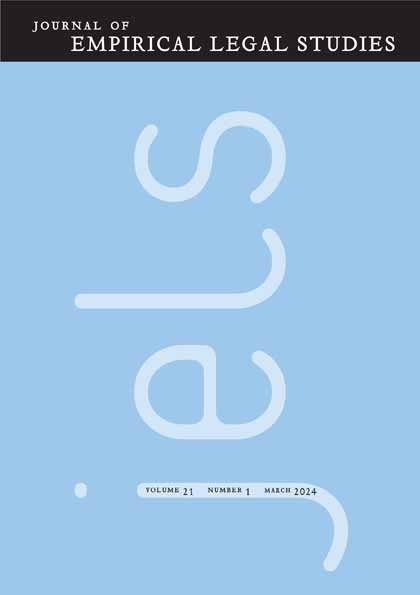By Roseanna Sommers, Vanessa K. Bohns
Most police searches today are authorized by citizens' consent, rather than probable cause or reasonable suspicion. The main constitutional limitation on so-called “consent searches” is the voluntariness test: whether a reasonable person would have felt free to refuse the officer's request to conduct the search. We investigate whether this legal inquiry is subject to a systematic bias whereby uninvolved decision-makers overstate the voluntariness of consent and underestimate the psychological pressure individuals feel to comply. We find evidence for a robust bias extending to requests, tasks, and populations that have not been examined previously. Across three pre-registered experiments, we approached participants (“Experiencers”) with intrusive search requests and measured their behavioral compliance and self-reported feelings of psychological freedom. Another group of participants (“Forecasters”) reported whether they would comply if hypothetically placed in the same situation. Study 1 investigated participants' willingness to allow experimenters access to their unlocked personal smartphones in order to read through the search histories on their web browsers—a private sphere where many individuals feel they have something to hide. Results revealed that whereas 27% of Forecasters reported they would permit such a search, 92% of Experiencers complied when asked. Study 2 replicated this underestimation-of-compliance effect when individuals were asked to permit a search of their purses, backpacks, and other bags—traditional searches not eligible for the heightened legal protection extended to digital devices. Study 3 replicated the gap between Forecasters' projections and Experiencers' behavior in a more representative sample, and found it persists even when participants' predictions are incentivized monetarily.
Journal of Empirical Legal Studies, Volume21, Issue1, March 2024, Pages 4-34


